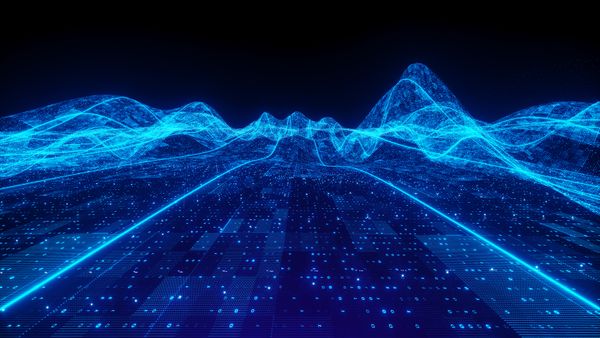
The Internet has become so ubiquitous it's hard to imagine life without it. It's equally hard to imagine a world where "www" isn't the prefix of many of our online activities. But just because the Internet and the World Wide Web are firmly intertwined with each other, it doesn't mean they're synonymous.
Let's go back to when it all began. President Dwight D. Eisenhower started the Advanced Research Projects Agency (ARPA) in 1958 to increase U.S. technological advancements in the shadow of Sputnik's launch. By October 29, 1969, the first ARPANET network connection between two computers was launched — and promptly crashed. But happily, the second time around was much more successful and the Internet was born. More and more computers were added to this ever-increasing network and the megalith we know today as the Internet began to form. Further information about ARPA can be discovered by reading How ARPANET Works.
Advertisement
But the creation of the World Wide Web didn't come until decades later, with the help of a man named Tim Berners-Lee. In 1990, he developed the backbone of the World Wide Web — the hypertext transfer protocol (HTTP). People quickly developed browsers which supported the use of HTTP and with that the popularity of computers skyrocketed. In the 20 years during which ARPANET ruled the Internet, the worldwide network grew from four computers to more than 300,000. By 1992, more than a million computers were connected — only two years after HTTP was developed [source: Computer History Museum].
You might be wondering at this point what exactly HTTP is — it's simply the widely used set of rules for how files and other information are transferred between computers. So what Berners-Lee did, in essence, was determine how computers would communicate with one another. For instance, HTTP would've come into play if you clicked the source link in the last paragraph or if you typed the https://www.howstuffworks.com URL (uniform resource locator) into your browser to get to our home page. But don't get this confused with Web page programming languages like HTML and XHTML. We use those to describe what's on a page, not to communicate between sites or identify a Web page's location.
To learn more about the dawn of the Internet age, visit How did the Internet start? For our purposes, we're set to explore the fundamental difference between the Internet and the World Wide Web, and why it's so easy for us to link them together in our minds. Go to the next page to find the answers.
Advertisement



